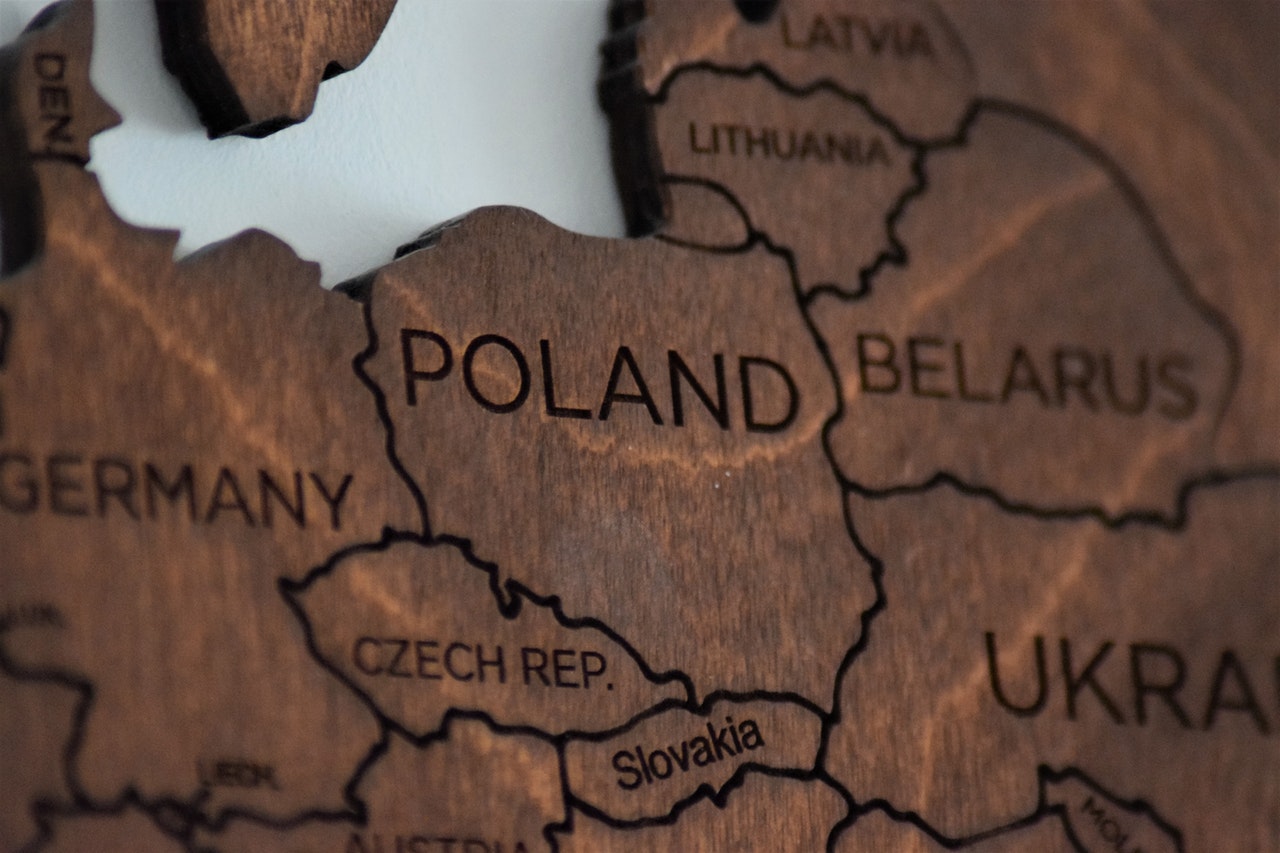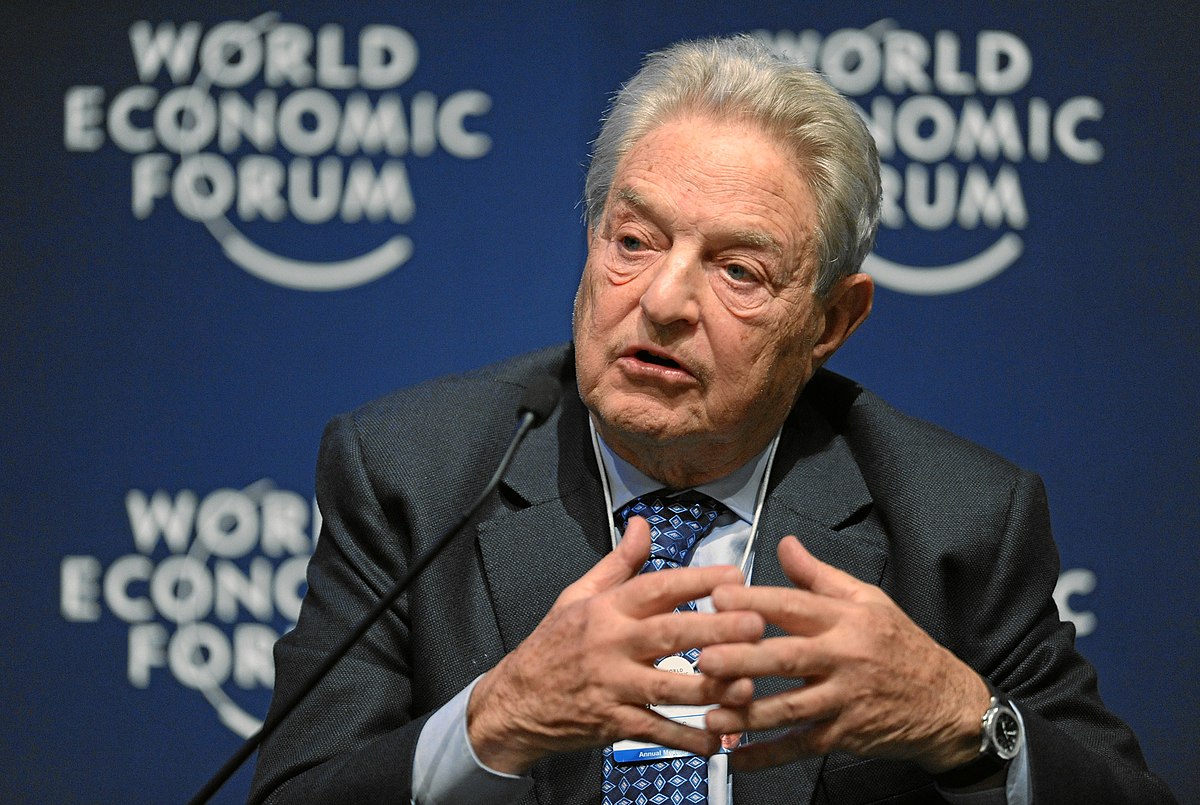Brussels’ rainbow steamroller versus Polish values
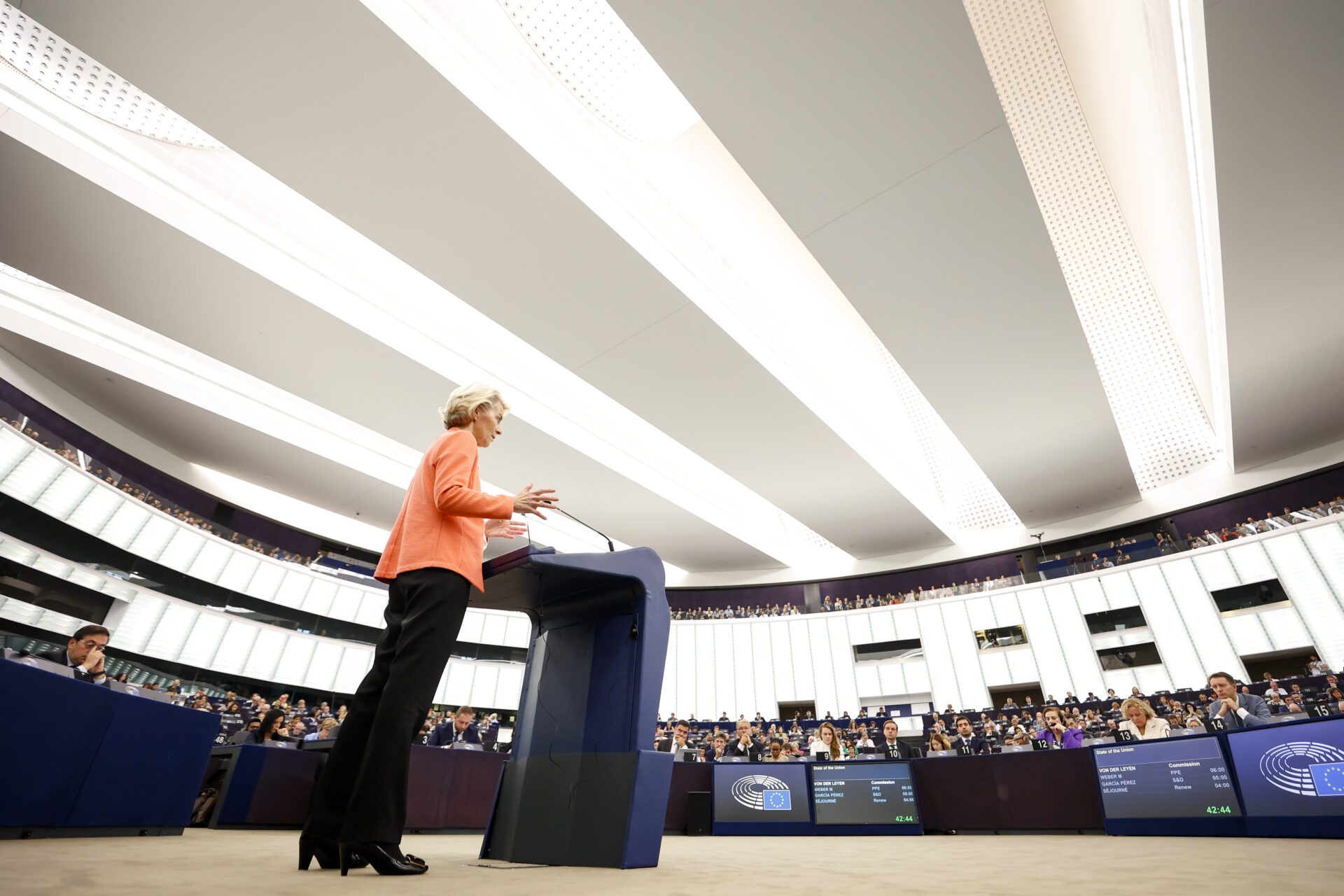
Article 18 of the Polish Constitution mentions the special role played by the institution of marriage and family in the Polish legal system. “Marriage as a union between a man and a woman, family, maternity and parenthood are under the protection and care of the Republic of Poland,” it reads. However, for many European officials and politicians, this is something that needs to be changed as soon as possible.
Paweł Ozdoba
Poland, when joining the European Union, repeatedly received assurances that it would keep full independence in worldview issues. In 2004, there was no talk of the need to redefine marriage, legalize abortion and recognize it as a “human right,” or introduce civil partnerships that would be opened up to single-sex couples.
According to an official 2004 social survey by the CBOS institute, Poland’s decision to join the European Union was received with hope by 65 percent of Poles. At the time, our country’s inhabitants expressed joy and pride, even though some also felt apprehension (51 percent) or just curiosity (47 percent). In the CBOS study conducted that year, it was found that the 71 percent of Poles declaring support for Poland’s membership of the European Union “imagine a united Europe as an economic, political, and axiological community.”
Less than 20 years later, the situation is somewhat different. While support for Poland’s membership of the European Union remains high, it seems that maintaining an axiological community is becoming less and less possible. Is the EU of 2023 the same structure and community it was when Poland joined? Certainly not, and in particular not on issues that are fundamental to Poles.
According to a 2022 CBOS survey titled “Opinions on EU integration and actions,” 45 percent of Poles favor reducing or maintaining the current level of EU integration. Nevertheless, when observing the policies and actions of EU bureaucrats, one can see clearly that Brussels is not letting up and intends to redouble its efforts in favor of further European integration. If this is what is going to happen, support for Poland’s presence in the European Union may start plummeting soon, especially since Brussels is increasingly eager to introduce climate policy changes that mean a hit to Poles’ wallets. What I want to address here, however, is another important issue: the fact that, in recent years, we have been increasingly confronted with a form of ideological colonization.
A family is a husband and wife with children
For that matter, the results of a 2019 CBOS survey are interesting. They show that “family happiness invariably ranks first among the most important values guiding Poles in their daily lives.” As many as 80 percent of the people surveyed pointed to this value as the most important. Moreover, as many as 87 percent of respondents believe that a person needs a family to be fully happy. And what is a family, according to those surveyed? 99 percent agreed that spouses with children constitute a family. As many as 91 percent also considered a mother or father raising at least one child alone to be a family. Two-thirds of Poles (65 percent) said that a married couple without children could also be called a family.
CBOS reports in the same survey that “the other types of partnerships are far less often referred to as family.” It turns out, for example, that only 13 percent of Poles consider a union of “gays or lesbians not raising children” to be a family. In contrast, as many as 81 percent of respondents oppose this claim. And 69 percent of Poles say they cannot consider two people of the same sex jointly raising the child of one of them as a family.
Despite such strong and clear assessments of the concept of family, for more than 10 years we have been observing increasingly determined attempts to permanently redefine the most basic and important values for Poles. The institutions that are pushing hardest for changes in how we understand the family and marriage are the European Commission and the European Parliament.
Such ideological colonization has been getting worse recently, and it seems that the next two years will mark the final attempt to push through measures that, if forcibly adopted, may serve to undermine the values embedded in the Poles’ cultural code.
A revolutionary strategy laid out for the years to come
Let us take the example of the EU’s efforts at forcing European Union member states to recognize same-sex partnerships or introduce so-called gay marriages.
A few years ago, the European Commission released its official “LGBTIQ Equality Strategy 2020–2025,” one of its stated aims being to force all member states to recognize same-sex unions entered into in other EU countries. However, this is only part of the plan, as another of the strategy’s goals is to bring about EU-wide recognition of the adoption of children by same-sex couples. What is more, the list of “eurocrimes” is to be expanded to include hate crimes (including hate against LGBTIQ people). This means that the mere use of terms like “LGBT ideology” or “gender ideology” could be punished. In its LGBTIQ strategy, the Commission also announced it would use financial resources to promote full acceptance of sexual minorities’ opinions and attitudes.
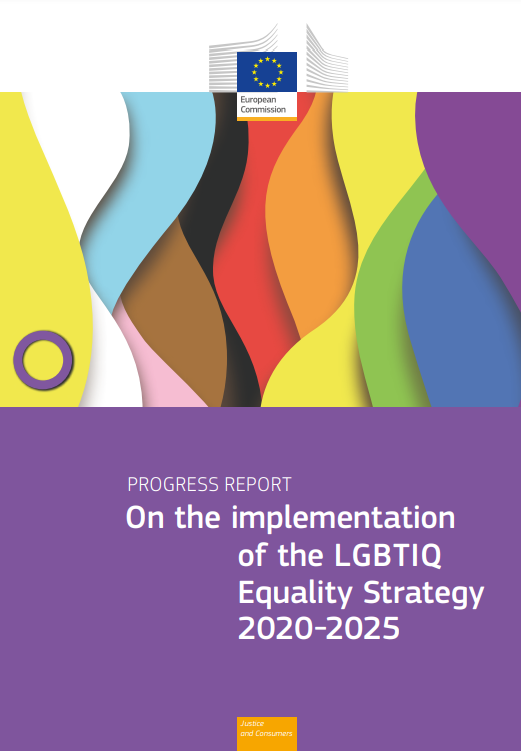
Pressure from EU institutions is getting stronger, and this is actively supported by major Brussels bureaucrats. The EU Commissioner for Equality, Helena Dalli, has said that the Commission wants hate speech against LGBTIQ people to be treated as a crime. “We will also present a legislative proposal to ensure that parenthood that is established in one EU country is automatically recognized in all other EU countries,” the European Commissioner also said, arguing that every EU citizen, without exception, should be allowed to enjoy the same freedoms.
In her arguments, Dalli used language that sounded like it was taken directly from the pamphlets of organizations promoting the rainbow subculture. “LGBTIQ is not an ideology, but an element of identity, based on a person’s innate characteristics,” she once said in an interview with Euractiv.pl.
In turn, Dunja Mijatovic, the Council of Europe Commissioner for Human Rights, has directly attacked Poland and Polish government officials, saying that “Polish politicians should stop stigmatizing LGBTI people.” At the same time, she suggested that violence targeting homosexuals and those associated with the LGBT subculture was on the rise in Poland, claiming that “scapegoating LGBTI minorities has become a tactic applied by ultra-conservative and nationalist politicians.”
Bogey zones
It is worth recalling that Poland has also been lambasted by EU bureaucrats on the issue of so-called LGBT-free zones. True, in the end the European Commission closed the case without sanctioning our country, but before that happened, there were plenty of accusations against Warsaw.
It is necessary to protect rainbow families, according to Luxembourg socialist Marc Angel. This is very important and it is the right time to act, said Angel, because in several countries, such as Poland and Hungary, governments have started a real witch hunt against sexual minorities, he argued during a discussion in the European Parliament in 2020.
Poland was also criticized then by Dutch MEP Sophie in ‘t Veld. “In recent years, we have been talking a lot about LGBTI-free zones in Poland and recently also in Hungary. (…) What the Polish government is doing is not representative for the majority of people,” she said, claiming that Poland was “crossing one red line after another.”
But it was the European Commission’s vice-president, Věra Jourová, who led the way in attacking the Polish government, insisting how strongly she rejects the idea of “LGBT ideology,” and pointing at “disturbing trends” in Poland on this issue. According to her, there have been violent attacks on “equality marches” – the Polish name for LGBT Pride marches – in the streets of Polish cities.
Jourová had long been looking for ideas on how to discipline the countries of the poorer part of the EU over the issue of the redefinition of marriage. In 2021, she said outright that the European Union would take away funding from countries that commit “discrimination” against LGBT circles. She said that the European Commission already had the necessary tools in its hands to respond to such situations, and she warned that EU funds had already been withheld from six municipalities in Poland that had passed resolutions with commitments to stay free of LGBT ideology. Jourová insisted that it must be made clear that EU funds will not go to Poland if the fundamental rights of LGBT groups are violated.
Enigmatic EU (anti)values
Spanish MEP Juan Fernando López Aguilar also spoke unfavorably toward Poland in the EU-level debate. In his view, “Poland is moving away from European values.” He has also spoken in Brussels to express concerns about the supposed undermining of European values and democracy in Poland.
Frans Timmermans was another who joined the chorus of those taking Poland to task. The Dutch bureaucrat claimed that the Polish and Hungarian states link being homosexual to pedophilia. “The LGTBIQ+ free zones in Poland and the recent outrageous Hungarian law banning LGTBIQ+ content in schools or on kids’ TV which links being gay with pedophilia, are a new low and should remind everyone that Putin’s playbook is being used in the heart of the EU in the 21st century,” Timmermans wrote in a social media post in June 2021.
Didier Reynders, the EU Justice Commissioner, urged the Polish government to adopt the “European Certificate of Parenthood” under the guise of concern for children. The adoption of these regulations would of course open the way for the full recognition of so-called “same-sex marriages.” And that is certainly what Reynders had in mind.
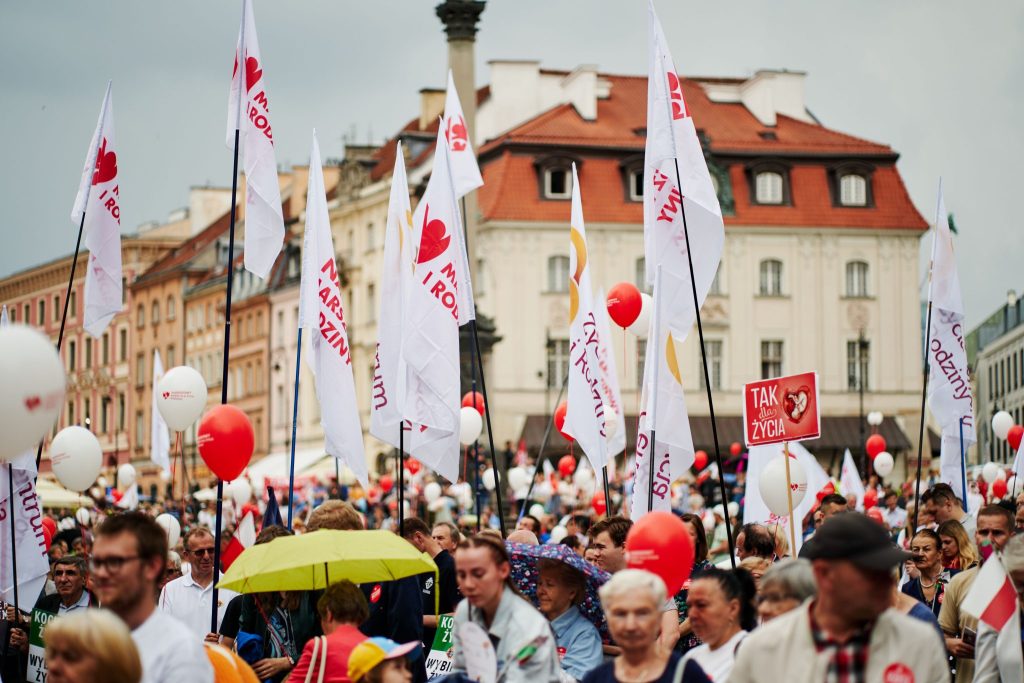
New levels of coercion and pressure
In early 2023, the European Court of Human Rights in Strasbourg joined in seeking to bring Poland (and other EU member states) into line. It ruled that all countries should have legislation recognizing same-sex partnerships or so-called gay marriage. “The Court considers that the protection of the traditional family cannot justify the absence of any form of legal recognition and protection for same-sex couples,” the ruling reads. Thus, another legal instrument has been created to effectively coerce countries like Poland to adopt revolutionary regulations leading to the redefinition of marriage.
In 2004, when Poland joined the European Union, could we have foreseen that Brussels would strive so hard to force ideological demands on the countries of the “new Europe”? At that time, one could hardly suspect this would ever happen. After all, we were promised that we were joining a “Europe of homelands,” a place full of prosperity and freedom. But today the EU’s main official strategies are leading to the impoverishment of European society (especially in already poorer countries like Poland), as well as to its secularization and a form of ideological colonization.
Cultural changes, the social revolution and the lobbying for the recognition in Poland of “civil partnerships” or “same-sex marriages” do not go unnoticed on the Polish political scene. But can the reproaches of EU officials and the suggestion that Poland be cut off from funding from Brussels bring us any closer to redefining marriage? It seems that the Polish public will not be ready for this for a very long time. Indeed, research shows that the family is still understood by Poles as the union of a man and a woman raising children.
Despite this, the Polish government must be on its guard, because the European Union’s determination to revolutionize Europe is so great that we are going to witness many an underhand attempt to force changes in the Polish legal system, including in the fundamental area of the special protection of marriage, motherhood and family as enshrined in the Polish Constitution.
The author is chairman of the Polish Center for Life and Family (Centrum Życia i Rodziny)
This article was published in Polish in the Do Rzeczy weekly in April 2023.

